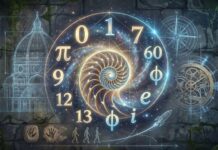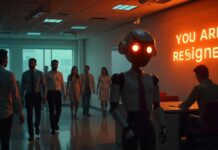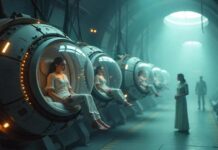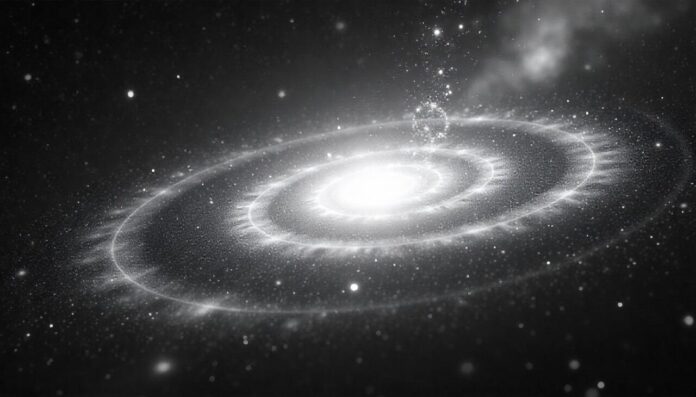
We know many things about the universe, yet we (most likely) don’t know 99% of what is really happening.
Every couple of years, we develop new theories about the end of the universe or how it is evolving.
And so, just recently scientists proposed an interesting new theory – a possibility that the universe is rebooting somehow.
And while this does sound weird it is also comforting in one way.
Imagine: rather than existing as a one-way journey from the Big Bang to heat death, the universe cycles, like some cosmic washing machine, cleaning itself up every now and then.
Could this be true? Does the universe really hit “reset” from time to time?
Let’s take a closer look. Let’s explore several theories.
The Big Bounce Theory: A Universe in Eternal Cycles
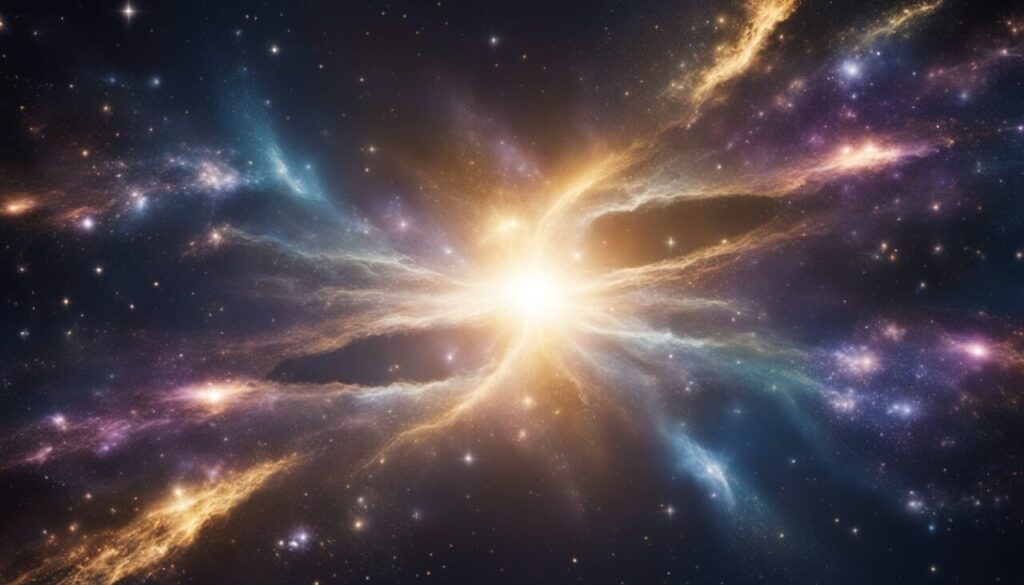
One of the most interesting theories about the universe rebooting itself is the Big Bounce Theory. According to this model, the universe doesn’t just expand indefinitely after a single Big Bang.
Instead, it undergoes cycles of expansion and contraction. After reaching a certain point of expansion, the universe slows down and eventually collapses back into a highly dense state, triggering a new “bounce” and a fresh expansion—essentially a new Big Bang.
Unlike the classic Big Bang theory, which suggests that the universe began from a singularity—a point of infinite density—the Big Bounce avoids this by allowing the universe to “bounce” back from a state of high density before reaching a true singularity.
This cycle of bouncing could theoretically continue forever, with the universe resetting after each collapse.
Interestingly, this theory aligns with some observations of the cosmic microwave background (CMB) radiation, the afterglow of the Big Bang, which suggests that the universe’s expansion may not continue indefinitely.
And so, if the universe really slows down and contracts, the Big Bounce would offer a solution to the question of how the universe might end—by starting over again.
Conformal Cyclic Cosmology (CCC)
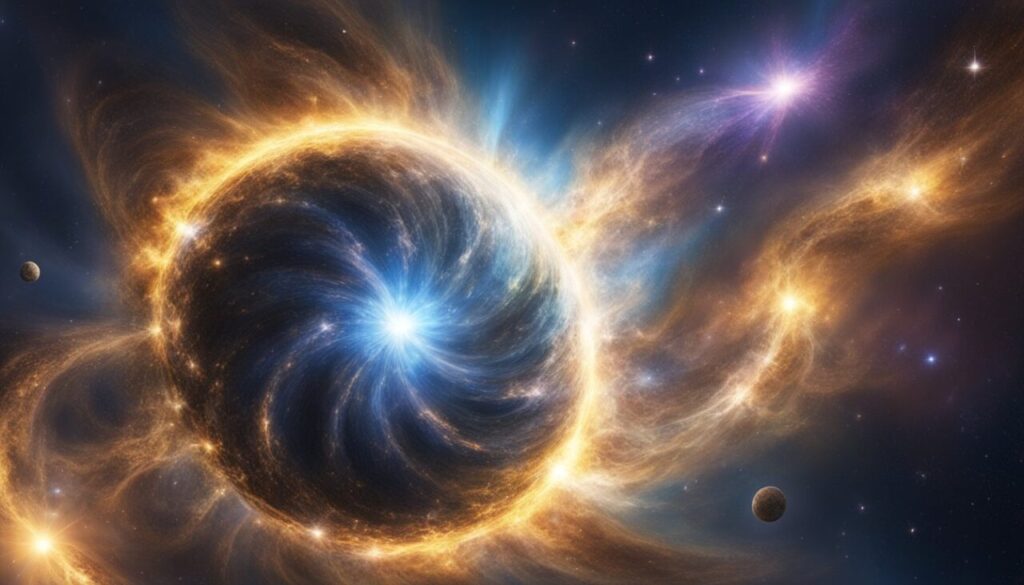
Conformal Cyclic Cosmology (CCC), proposed by well-known physicist Sir Roger Penrose, presents another view of a cyclical universe.
In CCC, the universe doesn’t collapse in on itself like in the Big Bounce.
Instead, after trillions of years, the universe’s energy dissipates to the point where it becomes so smooth and uniform that time and space lose their traditional meanings.
In this low-energy, near-perfect state, the universe becomes suitable for a new Big Bang, initiating another cycle of existence.
In CCC, each universe is called an “aeon,” and at the end of one aeon, the conditions mirror those of the Big Bang.
The transition between aeons is seamless; there is no singularity, just a smooth flow from one universe to the next.
In other words, each new aeon is a cosmic reboot, where the universe reverts to an early, high-energy state and begins a new period of expansion.
Penrose has also suggested that we might even find evidence of past aeons in our universe today. He said that leftover radiation from black holes in previous universes could leave some imprints in the cosmic microwave background.
These imprints, known as “Hawking points,” could be the fingerprints of a previous universe, offering an indication into the cyclical nature of reality.
Quantum Loop Cosmology
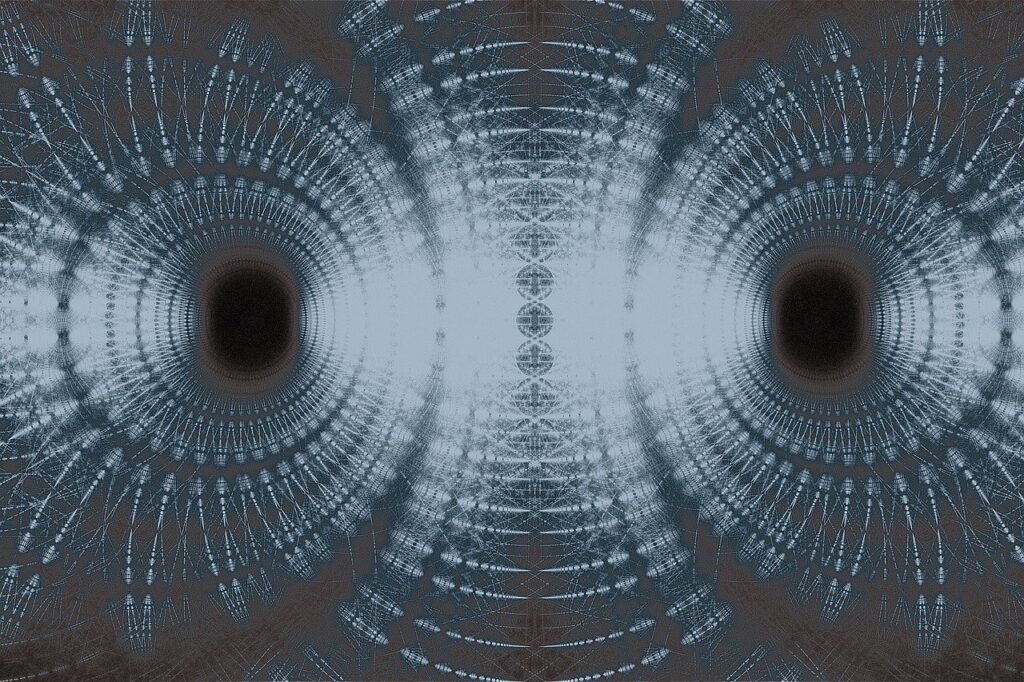
Then we also have Quantum Loop Cosmology. This theory brings quantum mechanics into the picture to explain how the universe might avoid a singularity at the start of each cycle.
Based on the principles of loop quantum gravity, this theory suggests that space and time are not continuous but are composed of tiny, finite loops.
And so, when the universe collapses, these loops prevent it from reaching a point of infinite density, resulting in a “bounce” that creates a new cycle of expansion.
Quantum Loop Cosmology is particularly interesting because it eliminates the need for a Big Bang singularity and provides a quantum explanation for how the universe can reboot itself over and over.
It also offers a way to reconcile general relativity with quantum mechanics, two of the most successful but seemingly incompatible theories in physics.
The Heat Death Scenario: A Cosmic Dead End?
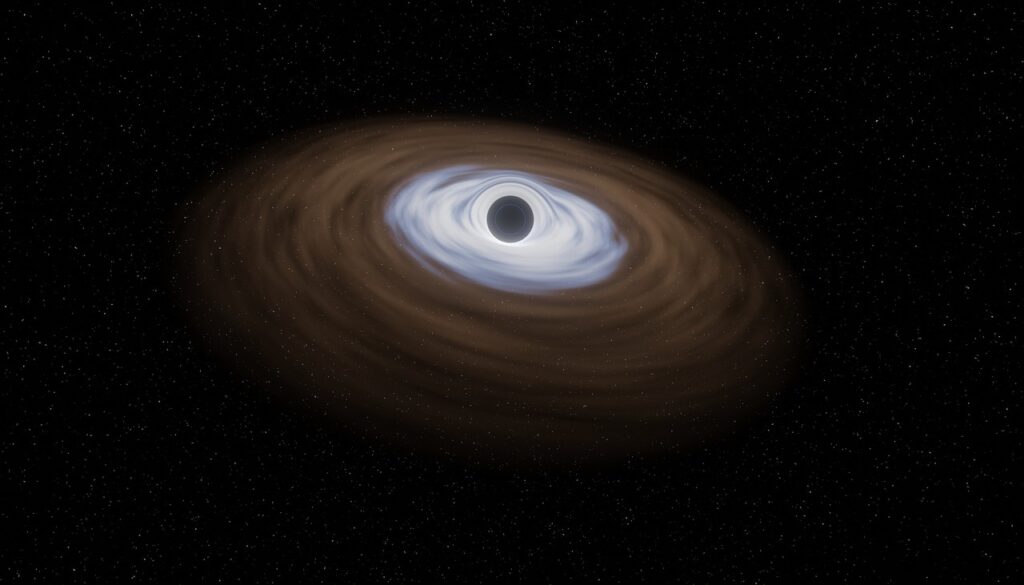
Despite these theories of a cyclical universe, many scientists argue that the universe may be heading toward a “heat death.”
We wrote in detail about this scenario in our article: What Will Happen In 1000000000000000000000000000000 Years?
In short – according to this scenario, the universe will continue expanding indefinitely, but as it does, stars will burn out, galaxies will drift apart, and the universe will become colder and darker.
Eventually, all sources of energy will be exhausted, leading to a state of maximum entropy, where no further work can be done.
This ugly end is based on the second law of thermodynamics, which states that entropy—the measure of disorder—always increases in a closed system.
And so, if the universe is a closed system, it will eventually reach a state where everything is evenly distributed, and no energy is available for anything interesting to happen.
However, some theorists believe that even in a universe destined for heat death, a reboot might still be possible.
At the quantum level, tiny fluctuations in energy could somehow give birth of a new universe, similar to the way particles pop in and out of existence in the quantum vacuum.
In this way, the universe could also “reset” itself, even after heat death.
Are Black Holes Creators of New Universes?
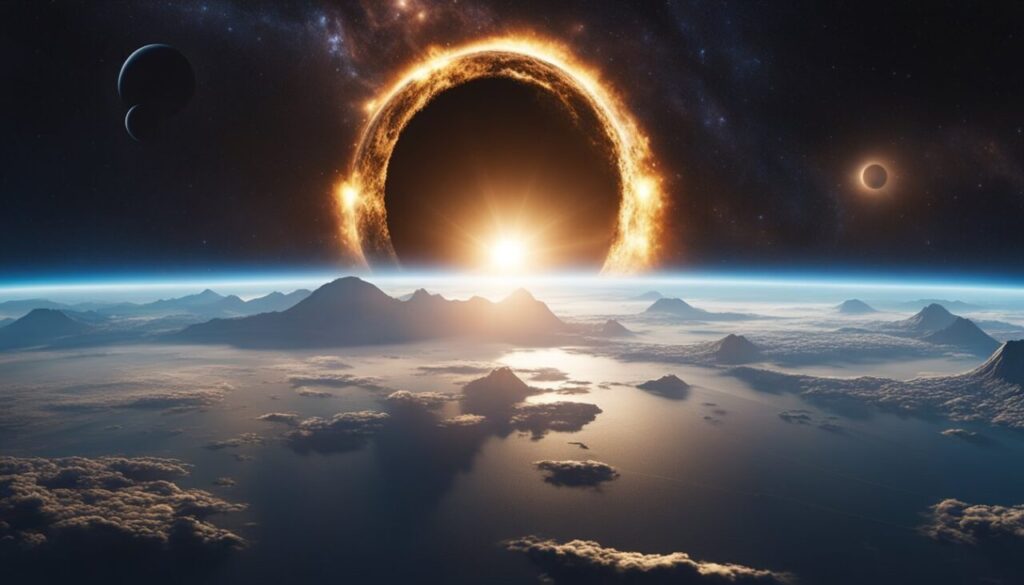
Black holes could also play a role in the idea of a cosmic reboot. Black holes are regions of space where gravity is so strong that not even light can escape.
But what happens inside a black hole remains one of the greatest mysteries in physics.
Some scientists, like Nikodem Poplawski, have proposed that black holes could be the birthplaces of new universes.
In this model, when matter collapses into a black hole, it doesn’t simply disappear. Instead, it could pass through the black hole’s event horizon and form a new universe on the other side.
Each time a black hole forms, it could make a new universe, creating a kind of cosmic tree with each branch leading to a new universe.
This idea suggests that our universe could have been born from a black hole in another universe, and in turn, the black holes in our universe could be the seeds of new universes.
If true, this would mean that the universe is constantly rebooting itself through black holes, with each black hole forming the starting point for a new cosmos.
Interesting fact: Some theories suggest that the information consumed by a black hole is not lost but could be encoded in a "holographic" surface at the event horizon, leading to intriguing connections between black holes and the potential for new universes.
And now for the most thought-provoking idea…..
Are We Living in a Simulation? A Digital Reboot?
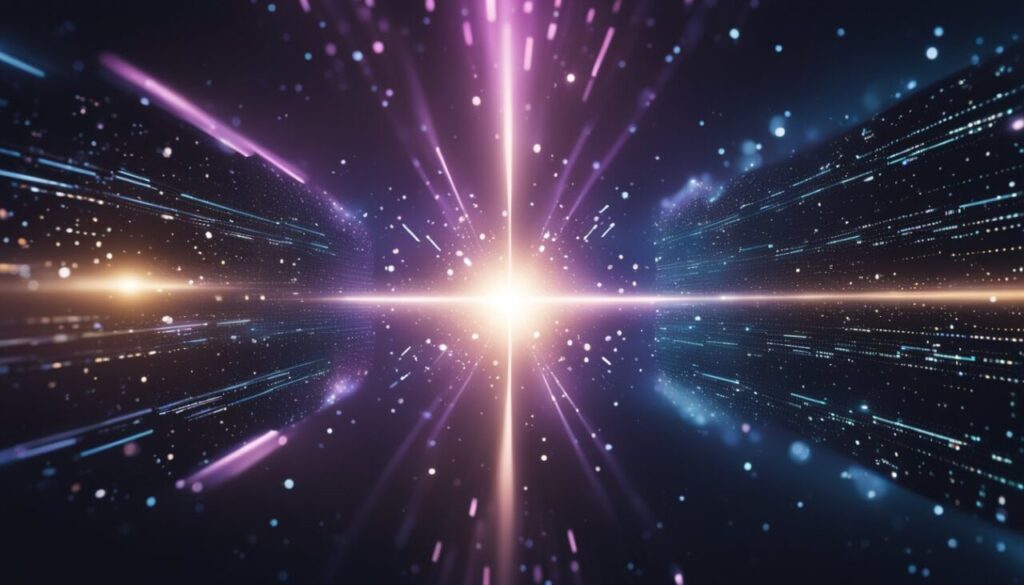
Here at CuriousMatrix.com, we’re really fascinated by the Simulation Hypothesis, so the potential of digital reboot fascinates us the most.
According to simulation theory, advanced civilizations may have developed the technology to create highly detailed simulations of entire universes.
If this is true, then our universe could be one of these simulations.
And in a digital world, a “reboot” could happen at any time, whether due to a software update or a system crash.
Philosopher Nick Bostrom and Chief Tweet Elon Musk have stated that, if simulations are possible, it’s highly likely that we are living in one right now.
Advanced civilizations could run countless simulations, and the odds that we’re living in the “base” reality are extremely low.
And so, if the universe is a simulation, the concept of a reboot becomes much more literal: it could happen whenever the creators of the simulation decide to start over or reset the system.
Think of it this way: when our computer becomes slow, ineffective, and cluttered with “garbage,” we either restart it or completely refresh it by installing a new operating system. The same could happen with the simulation theory—just on a much larger scale.
Interesting Fact: Some researchers believe that evidence for the simulation hypothesis could be found in irregularities or "glitches" in the laws of physics, which might reveal the underlying digital nature of the universe.
So, Is the Universe Rebooting Itself?
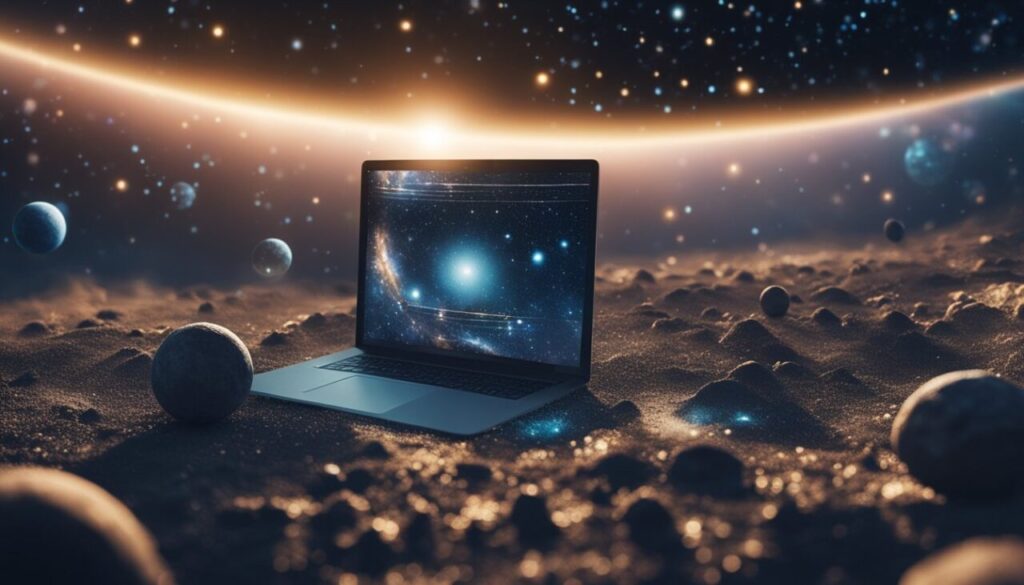
Well, nobody knows. Not yet. Perhaps we will never know.
Maybe it’s not meant for us to know. Because if we were to learn every aspect of our universe, we might lose all meaning in life. People love to explore and seek answers, especially when it comes to the origin and end of the universe.
Just imagine a situation where we somehow prove that the entire world (and the entire universe) is one big simulation.
How would people behave in that scenario? How would they cope with the realization that they do not exist in the real world?
After all, perhaps the universe really does reset when humans (or some other beings) come to understand absolutely everything that can be known about it.
Maybe that’s when the reset begins, and everything starts over.
















